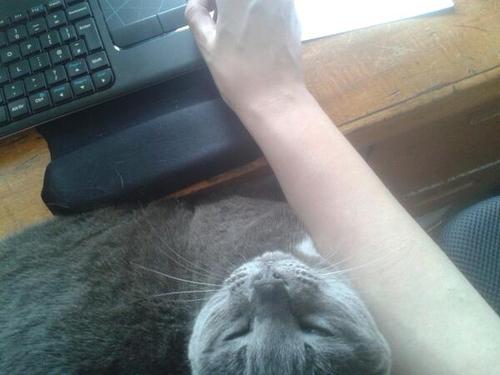Thanks to fellow author Kerry Drewery for tagging me into the #MyWritingProcess meme.
Here are my responses to the 4 questions:
1. What am I working on?
I’ve just finished writing my latest novel, just a couple of days ago. I’ve been researching it for about 18 months and been writing since September, so it was great to get it done. However, it’s a bit like taking exams – you can’t wait for them to be over, but afterwards you get this rather flat feeling. I do find that being up to the knees in a novel is the most marvellous place to be, and once it’s all done there is the risk of feeling a little empty. But of course, I do have that lovely sense of achievement when I’ve finished a book, a kind of warm glow, a secret knowledge I carry around in my pocket, and that’s priceless.
2. How does my work differ from others?
That is a most interesting question and not one I’ve considered fully before. I would say it relates to my personality, that I have quite a butterfly mind and flit from flower to flower. And I’d say this comes through in my choice of subjects for my books. For me, it never seems to be enough to write about one straightforward topic, but instead to juggle three or four at once – for example, in THE VISITORS there is the deaf-blind aspect, ghosts, Victorian England, hop and oyster farming and the Boer War. Not every reader likes that kind of multiplicity of themes. But again, that’s the way my mind works and I love reading a book that takes you to places you have no idea it’d end up. So I suppose I write the sort of books I’d like to read. The other thing I’d say I’m concerned with as a writer is beauty of expression. I find I just don’t want to write novels in everyday language, and that’s why historical novels suit me so well, as I love the quaintness of language use in the past and mourn the loss of some gorgeous phrases that are no longer used. For example, in my eighteenth century novel I’ve just finished, I was able to use such gems as ‘prodigious’, ‘plaguy’ and ‘crack-brained’!
3. Why do I write what I do?
I’ve kind of answered this question in my last response, but I’d add that the choice of topic, setting or character is a mysterious one. There are influences that create a spark for a story – for THE VISITORS, it was working with deaf teenagers during my teacher training and also watching a TV movie about Helen Keller as a child. But these happened years ago, and I suppose they have been percolating in my mind all that time. At some magical point, your mind will just decide and say, now is the time. It can be a random process – hearing something on the radio, or seeing something from a car window – and a scene is created in your mind’s eye, a situation, with repercussions and consequences and inherent drama and there, you’re off. I don’t choose my themes really – they just turn up and make a noise until I pay attention.
4. How does my writing process work?
I begin with a notebook – usually a pretty one bought for me by my partner Simon. I scribble down a basic premise for the story and then I start to fill it with ideas for characters, scenes, settings etc., even bits of dialogue, as they come to me. Once I get a good idea of the time setting and some of the themes – such as Victorian/Edwardian England, hops, Boer War in THE VISITORS – I begin the research process in earnest and start looking online for basic info & then start trawling the second-hand bookshops and so forth to find research books. I might make visits to key locations, museums or research libraries. I write notes in the margins of research texts and start collecting files and binders of clippings and other thoughts.
Only once around half of the research is done do I feel ready to start writing and I always do a synopsis first. Of course, the events of it may well change in the writing – and often do – but a synopsis helps guide me through. I have also then written a more detailed chapter plan from this synopsis, yet recently I’ve rather done this as I’ve gone along. Then I start writing and I always do this in order i.e. from the beginning of the narrative to the end (regardless of the placing of any flashbacks and other chronology). The second half of the research is completed whilst I’m writing the first half of the book – this way it means that I won’t forget the latter research by the time I get to use it. I write quite quickly – between 2000 and 4000 words a day. I don’t edit much as I’m going along, as I feel it’s crucial to get the story down and not fiddle around with it too much. It’s only once I get to the end of the first draft and read through it, that I can see where any problems lie. Most of the second draft involves messing about with the language, with a thesaurus beside me. I also spend a significant amount of time using Find and Replace on Word looking for repeated words. I tend to use some adjectives far too much e.g. cool, pale. So I go through and look for alternatives to them. I also see where there are any gaps in the narrative or scenes which aren’t required and need cutting. By the third draft, I’m really only tinkering. I read it all through once more and then I consider it done.
To share their writing processes next, I’m tagging:
Louise Walters
Martine Bailey
Thanks for reading!
